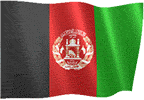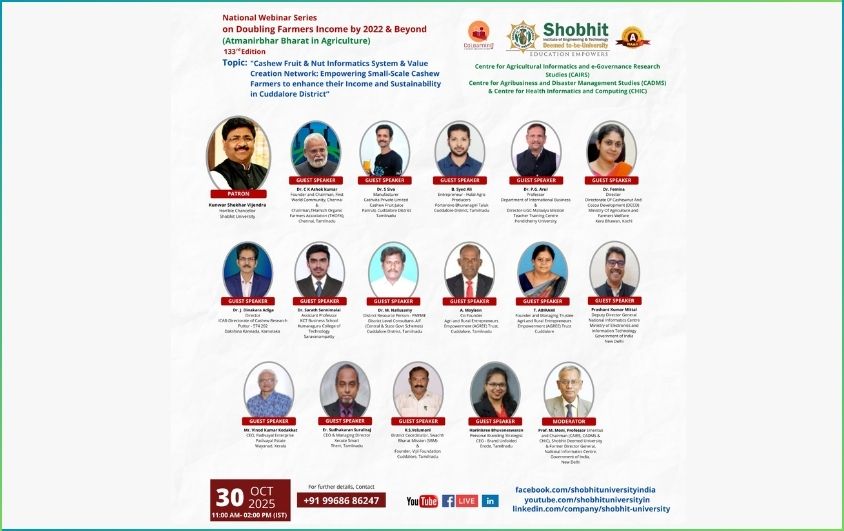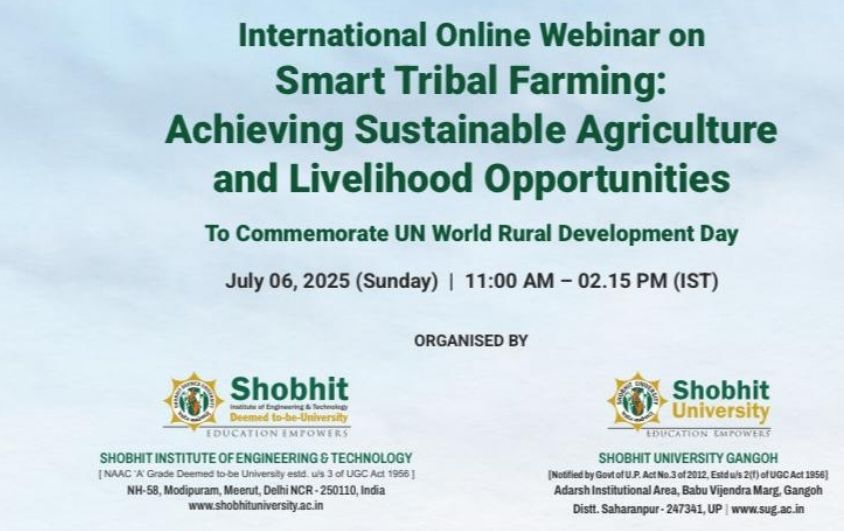Fiji Sun. 22-03-2018. Fiji
From left: Outgoing Chair, Bhutan Ministrty of Agriculture and Forest ChenchoDupka, Ministry of Agriculture PS David Kolitagane, Minister for Industry, Trade, Tourism, Lands and Mineral Resources FaiyazKoya, Assistant Minister for Agriculture ViamPillay, FAO chief statistician PietroGennari, and APCAS secretary MukeshSrivastava at the opening ceremony of the 27th Session of Asia and Pacific Commission on Agricultural Statistics (APCAS) at the Sheraton Resort, Denarau, Nadi, on March 19, 2018. Photo: WaiseaNasokia
There is a need to build a sustainable agricultural statistics system, says the Minister for Industry, Trade, Tourism, Land and Mineral Resources, FaiyazKoya.
With close to three quarters of the population of Pacific countries living in rural areas who depend on agriculture and fisheries for survival, MrKoya said such a system was needed.
“This system will not only help in targeted policy making but also monitor the progress towards the Sustainable Development Goals [SDG] in the region,” the minister said yesterday while opening the 27th Session of Asia-Pacific Commission on Agriculture Statistics (APCAS) at the Sheraton Fiji Resort in Denarau, Nadi.
There are more than 100 participants from 30 countries attending the forum, which includes delegates from Asia Pacific on Agriculture Statistics (APCAS) member countries, observers from non-member countries, international organisations and technical experts from FAO Regional Office and headquarters.
The forum aims to identify the needs and priorities of member countries to develop sound statistical systems capable of providing data for planning and policy-making in the food and agriculture sector.
MrKoya said the aim was to raise people’s living standards and nutritional status, especially rural dwellers.
“This underlying principle has made Fiji very proud of our membership and of what we have been able to achieve alongside our APCAS partners,” he said.
“Over the last decade, Fiji has embarked on a progressive path that has seen our standing in the world and our integration with the region, grow exponentially.”
MrKoya said the occasion was historical as this was the first time that all Pacific countries were represented in the history of APCAS.
With Papua New Guinea and Tonga being new members, MrKoya hopes other Pacific countries will join APCAS and help gather greater attention to their problems and seek harmonised solutions.
“In the Asia-Pacific region, gaps exist in agriculture data at national and regional levels,” the minister said.
“However, the data situation for agriculture has eroded in recent decades to the point where, many countries lack the capacity to produce and report even the minimum set of data to monitor national trends or guide the international development debate.
“The changing face of agriculture in the twenty-first century has increased requirements for agricultural statistics beyond traditional data about production, which is used to monitor the status of food availability and food security.
“In addition, one must not forget that new data requirements are emerging and we therefore need to understand how population growth, demand for natural resources, use of food products to produce biofuels, and the effects of extreme weather and climate change, affect food security, poverty and well-being.”
MrKoya said efforts to improve the awareness on SDG indicators and development of a harmonised approach to the collection and use of agricultural and rural statistics in the Asia and Pacific region would be achieved through provision of information on the programme for the World Census of Agriculture 2020.
Tied to the principle of ‘leaving no one behind’, driven by means of partnerships, accountability and underpinned by communication, FAO’s broad priorities in the 2030 Agenda are to:
- End poverty, hunger and malnutrition
- Enable sustainable development in agriculture, fisheries and forestry
- Combat and adapt to climate change.


















